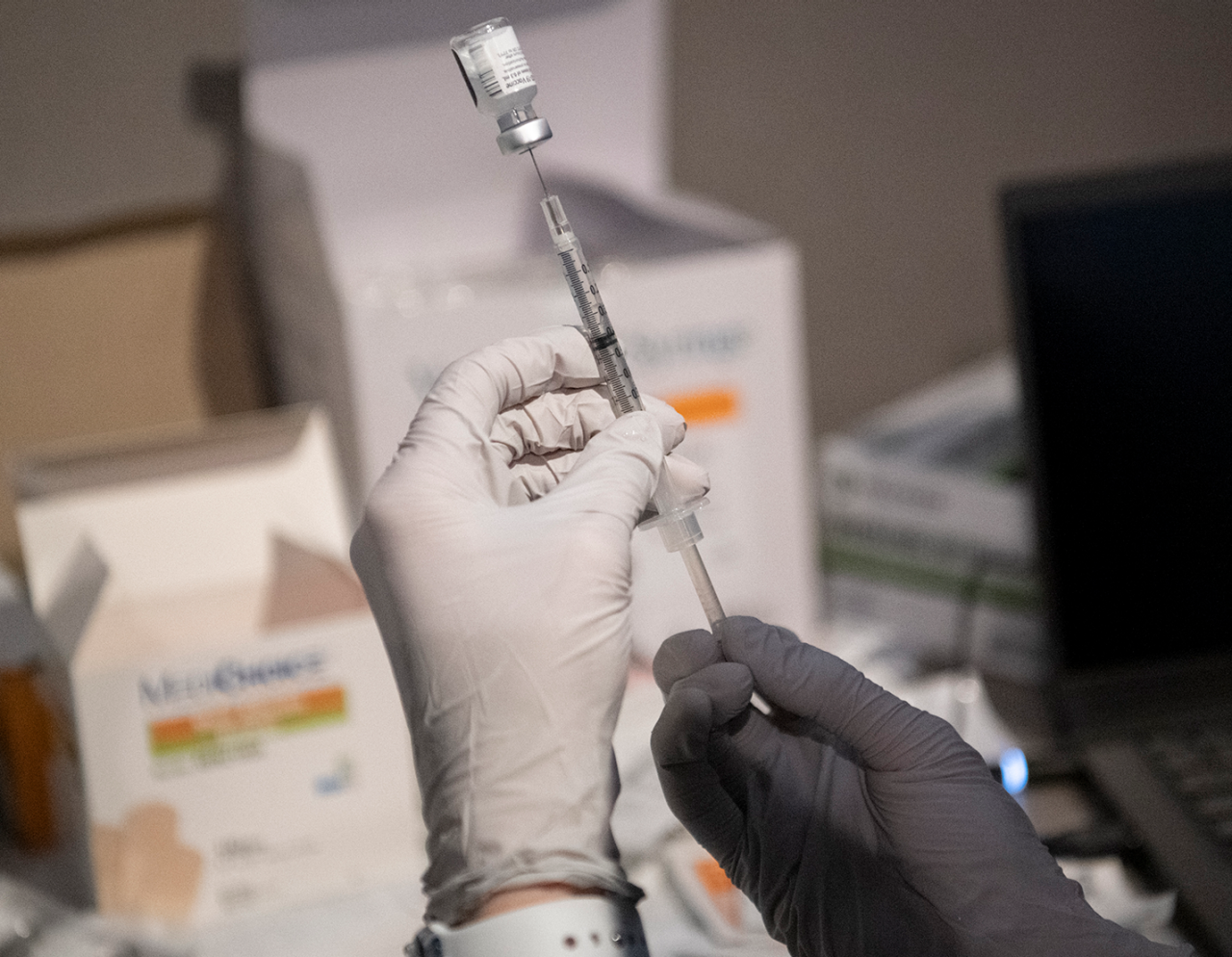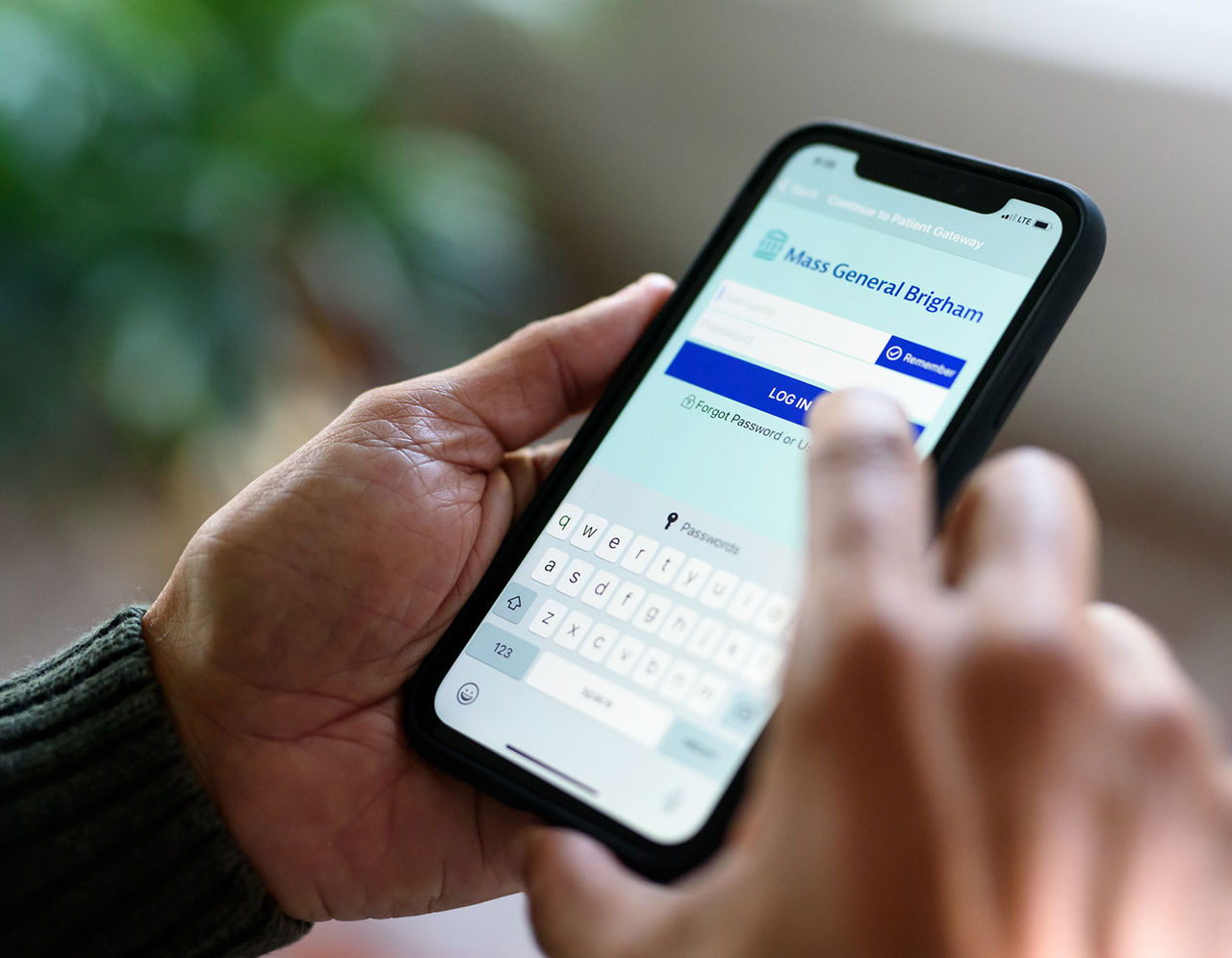The CDC’s recommendations allow for adults 18 years and older to receive a different updated vaccine than their original vaccine.
-
- Find Care
-
- Visitor Information
- Find a Location
- Shuttles
- Visitor Policies
-
-
- Our Virtual Care Options
- 24/7 Virtual Care
- Virtual Visits for Primary & Specialty Care
- Online Second Opinions
- Participate in Research
-
- Contact us
-
- For Innovators
- Commercialization Guide for Innovators
-
-
- Research News
- Alzheimer's Disease
- Artificial Intelligence
-
- Overview
-
- Overview
- Getting Started
- New to Mass General Brigham
- International Patient Services
- What Is Patient Gateway?
- Planning Your Visit
- Find a Doctor (opens link in new tab)
- Appointments
- Patient Resources
- Health & Wellness
- Flu, COVID-19, & RSV
- Billing & Insurance
- Financial Assistance
- Medicare and MassHealth ACOs
- Participate in Research
- Educational Resources
- Visitor Information
- Find a Location
- Shuttles
- Visitor Policies
- Find Care
-
- Overview
- Our Virtual Care Options
- 24/7 Virtual Care
- Virtual Visits for Primary & Specialty Care
- Online Second Opinions
-
- Overview
- Participate in Research
-
- Overview
- About Innovation
- About
- Team
- News
- For Industry
- Venture Capital and Investments
- World Medical Innovation Forum (opens link in new tab)
- Featured Licensing Opportunities
- For Innovators
- Commercialization Guide for Innovators
- Contact us
-
- Overview
- Information for Researchers
- Compliance Office
- Research Cores
- Clinical Trials
- Advisory Services
- Featured Research
- Two Centuries of Breakthroughs
- Advances in Motion (opens link in new tab)
- Brigham on a Mission (opens link in new tab)
- Gene and Cell Therapy Institute
- Research News
- Alzheimer's Disease
- Artificial Intelligence
-
- Overview
-
- Overview
- Residency & fellowship programs
- Brigham and Women's Hospital
- Massachusetts General Hospital
- Mass Eye and Ear
- Newton-Wellesley Hospital
- Salem Hospital
- Integrated Mass General Brigham Programs
- Centers of Expertise
- Global & Community Health
- Health Policy & Management
- Healthcare Quality & Patient Safey
- Medical Education
- For trainees
- Prospective trainees
- Incoming trainees
- Current trainees
- Continuing Professional Development
Updated COVID-19 Vaccine Guidance
Getting vaccinated is the best way to prevent illness and reduce the risk of severe disease and hospitalization. When you get vaccinated, you also protect people around you, including those who are at higher risk of complications for respiratory illnesses.
The Department of Public Health (DPH) Massachusetts recommends the following for the 2025-2026 COVID-19 vaccine:
- Adults
- Adults ages 65 and older should receive 2 doses 6 months apart
- Adults 19 to 64 years with medical conditions that put them at higher risk for COVID-19 or those who have household contacts at higher risk should receive one dose
- Immunocompromised adults should receive 2 doses 6 months apart
- Those who are pregnant, contemplating pregnancy, recently pregnant or lactating should receive one dose
- Healthy adults 19 to 64 years may receive one dose
- Children
- All children 6 to 23 months should receive COVID-19 vaccination
- Children 2 to 18 years with medical conditions that put them at higher risk for COVID-19 or those who have household contacts at higher risk should receive one dose of COVID-19 vaccine
- Healthy children 2 to 18 years who have never been vaccinated should receive one dose of COVID-19 vaccine
- Healthy children 2 to 18 years who do not fall into the categories above may receive one dose of COVID-19 vaccination
This guidance means that everyone 6 months and older can receive the COVID vaccine. For certain people, the recommendation to get the vaccine is stronger based on age and risk factors.
We encourage patients to contact your local pharmacies to get vaccinated. They administer the same vaccines as in our clinics. Local pharmacies may not administer to infants and toddlers. Please contact your child’s pediatrician’s office if you are having trouble.
Many primary care and specialty offices across Mass General Brigham will offer COVID-19 vaccines at regularly scheduled office visits. Most of our clinics do not offer vaccine-only appointments.
Yes, you should still get vaccinated if you have had COVID-19 and have recovered. If you recently had COVID-19, you may consider delaying your next vaccine dose by 3 months from:
When your symptoms started.
If you had no symptoms, when you first received a positive COVID test.
If you have questions, consider asking your doctor. For more information, see the CDC’s website.
Though mRNA vaccines are a new kind of vaccine, researchers have been studying and working on them for many years. They do not contain live virus and cannot cause COVID-19. Instead, they give our cells directions on how to make the COVID-19 proteins found on the outside layer of the coronavirus. Our immune system can then make antibodies to these proteins and protect us from being infected with COVID-19. The mRNA from the vaccine never enters the nucleus of our cells or gets into our DNA.
The Novavax vaccine is a protein subunit vaccine. These vaccines contain proteins (called spike protein) of the virus that causes COVID-19. The vaccine contains another ingredient that helps the immune system respond to the spike protein in the future. When the immune system knows how to respond to the spike protein, it can respond quickly to the actual virus spike protein and protect people against COVID-19. This type of vaccine was created 30 years ago and has been used to treat hepatitis B and whooping cough.
The CDC has more information about protein subunit vaccines >
Allergies
There have been some reports of people having allergic reactions after getting vaccinated. A small number of people had a severe allergic reaction called anaphylaxis. Based on this, the U.S. Food and Drug Administration (FDA) and the Centers for Disease Control and Prevention (CDC) recommend that people with a history of anaphylaxis to any of the ingredients in a COVID-19 vaccine should not get that vaccine. People with other food or medication allergies can be safely vaccinated.
In general, most patients allergic to one vaccine can receive the other vaccines safely. If you have a history of severe allergic reactions to vaccines, injectable therapies, or any component of the COVID-19 vaccine, you should talk to your primary care provider or allergist (if you have one). Your provider can help you decide if it is safe to get vaccinated.
You can receive a COVID-19 vaccine if you have a food or drug allergy. The Pfizer, Moderna, and Novavax COVID-19 vaccines do not contain gelatin, egg, or latex.
Allergy/immunology consultation may be useful for you if you have the following issues:
Prior history of vaccine allergy with reactions such as itching, rash, hives, swelling/angioedema, wheezing, shortness of breath, chest tightness, or anaphylaxis
History of allergy to polyethylene glycol (PEG) or polysorbate, with reactions such as itching, rash, hives, swelling/angioedema, wheezing, shortness of breath, chest tightness, or anaphylaxis
A reaction to a dose of COVID-19 vaccine
Pregnancy, breastfeeding, and fertility
The CDC, our pediatricians and our OBGYNs recommend that those who are pregnant, planning to get pregnant, or breastfeeding get vaccinated for COVID-19. Please see the complete recommendations here.
Children
The CDC recommends that children ages 6 months and older receive the updated COVID-19 vaccine. The Pfizer and Moderna vaccines are approved and recommended for patients in this age group.
Please see full details on the CDC website. If you have questions about your child’s vaccine, please contact your pediatrician’s office.
Where can I get more information?
- Benefits of getting a COVID-19 vaccine
- COVID-19 vaccine in Massachusetts
- COVID-19 vaccine in New Hampshire
- Food and Drug Administration: Pfizer-BioNTech COVID-19 vaccine
- Food and Drug Administration: Moderna COVID-19 vaccine
- COVID-19 Novavax Vaccination
- Understanding mRNA COVID-19 vaccines
- COVID-19 Testing | Mass General Brigham
Updated October 15, 2025

